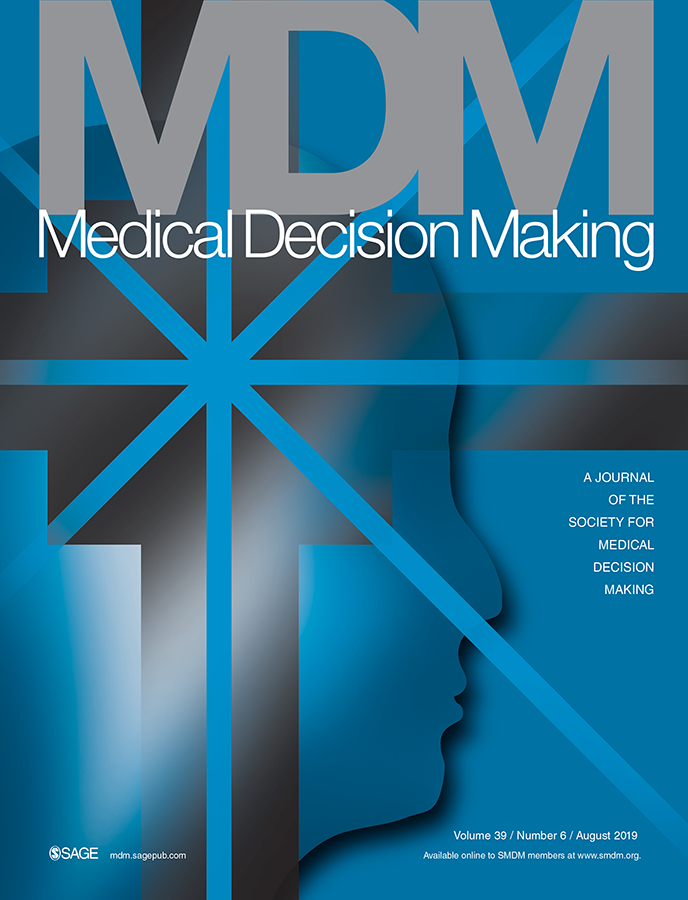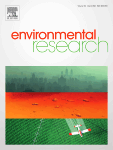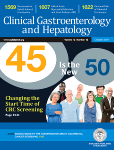How innovation can be defined, evaluated and rewarded in health technology assessment
Background What constitutes innovation in health technologies can be defined and measured in a number of ways and it has been widely researched and published about. However, while many countries mention it as a criterion for pricing or reimbursement of health technologies, countries differ widely in how they define and operationalise it. Methods We performed…












